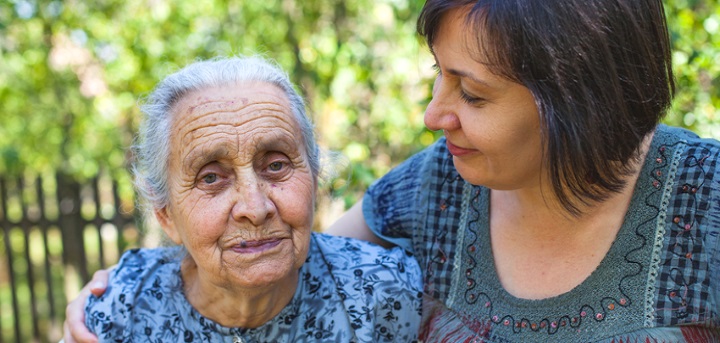Dementia Support

- Location: Age UK Islington
- Price: Free
Please note, this service is not available outside Age UK Islington - Head Office's catchment area.
Email: gethelp@ageukislington.org.uk
Telephone: 020 7281 6018
We can help people in the early stages of dementia and their families to link to help to understand the condition, get a diagnosis and to get practical support. We can also link you to dementia-friendly activities and social groups. Our Islington Carers Hub service provides support to family carers, ensuring they themselves can access financial, practical and emotional support. Our Future Matters Service can facilitate putting in place Lasting Powers of Attorney and Advance Care Plans. This allows individuals to nominate a trusted family member or friend to implement their health and financial wishes, in the event that they no longer have capacity. We work closely with Islington Council and a network of partners to support people with dementia and their carers.
How Age UK Islington can help
Age UK Islington can provide guidance for anyone who is starting to struggle with day to day living as a result of their condition. This might be how to get practical support, e.g. how to apply for housing adaptations, mobility aids or financial support. Financial support might be how to get a benefits check to maximise income, or for example, to apply for Attendants Allowance if you are struggling with day-to-day domestic tasks. They can also work with their partner or family members to advise when help from Adult Social Care might be appropriate, including support from carers or guidance about suitable housing support. They provide a regular newsletter and information about local activities for people living with dementia and their carers.
Support for Carers
Islington Carers Hub is dedicated to providing unpaid carers with guidance and support for their wellbeing and for those that they care for. We can provide a listening ear and help with money & housing issues, help to get a break, support with employment and an introduction to a network of Islington carers. We support unpaid carers who are 18yrs+ living in Islington who are caring for an adult, or who are caring for an adult living in Islington.
End of Life Planning: Future Matters
Our Future Matters team can provide free guidance to put in place a Lasting Powers of Attorney or an Advance Care Plan. These are documents that allow an individual to choose one or more people to help make decisions in their best interests to do with your care or finances, e.g. in the event of a healthcare emergency or if they didn't have mental capacity to make their views known. Future Matters also provides other end-of-life planning information and guidance.
National Dementia Helpline
The National Dementia Helpline is provided by the Alzheimer's Society.
Call 0300 222 11 22 for information, support or advice about dementia over the phone. An interpreting service is available on request.
NHS Dementia guide
The NHS website is a good starting point for learning about dementia services. Find out what should be included in a care plan, learn how to get a needs assessment to access social care support, or a carers assessment if you look after someone with dementia.
Islington Memory Service
The Islington Memory service is for residents who are concerned about their memory. One of the team doctors will carry out an assessment, generally at your home. You will then be given a diagnosis, and offered treatment if appropriate.The service normally follows-on from a referral as a result of initial tests carried out by a GP.
Dementia Navigator Service
The Dementia Navigators will arrange to visit you at home to talk about what you need help or support with and to agree a plan to work on these areas. This may include accessing day centres, arranging help from social services support, support with housing issues, benefits information and signposting to appropriate services.
Dementia-friendly activities
There are a range of activities for people with dementia that can provide social connection and support. Some of the activities are designed for people with early stages of dementia. Others for people to attend together with their carers. It can be useful to check that the activity is suitable for the stage of dementia, before attending.
